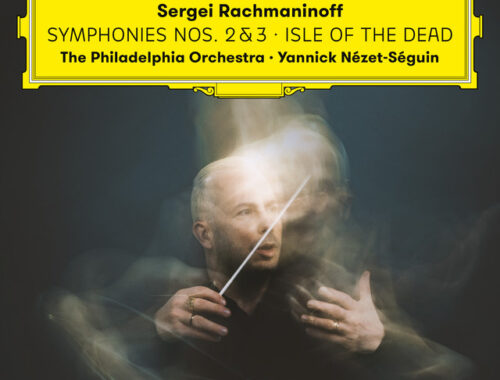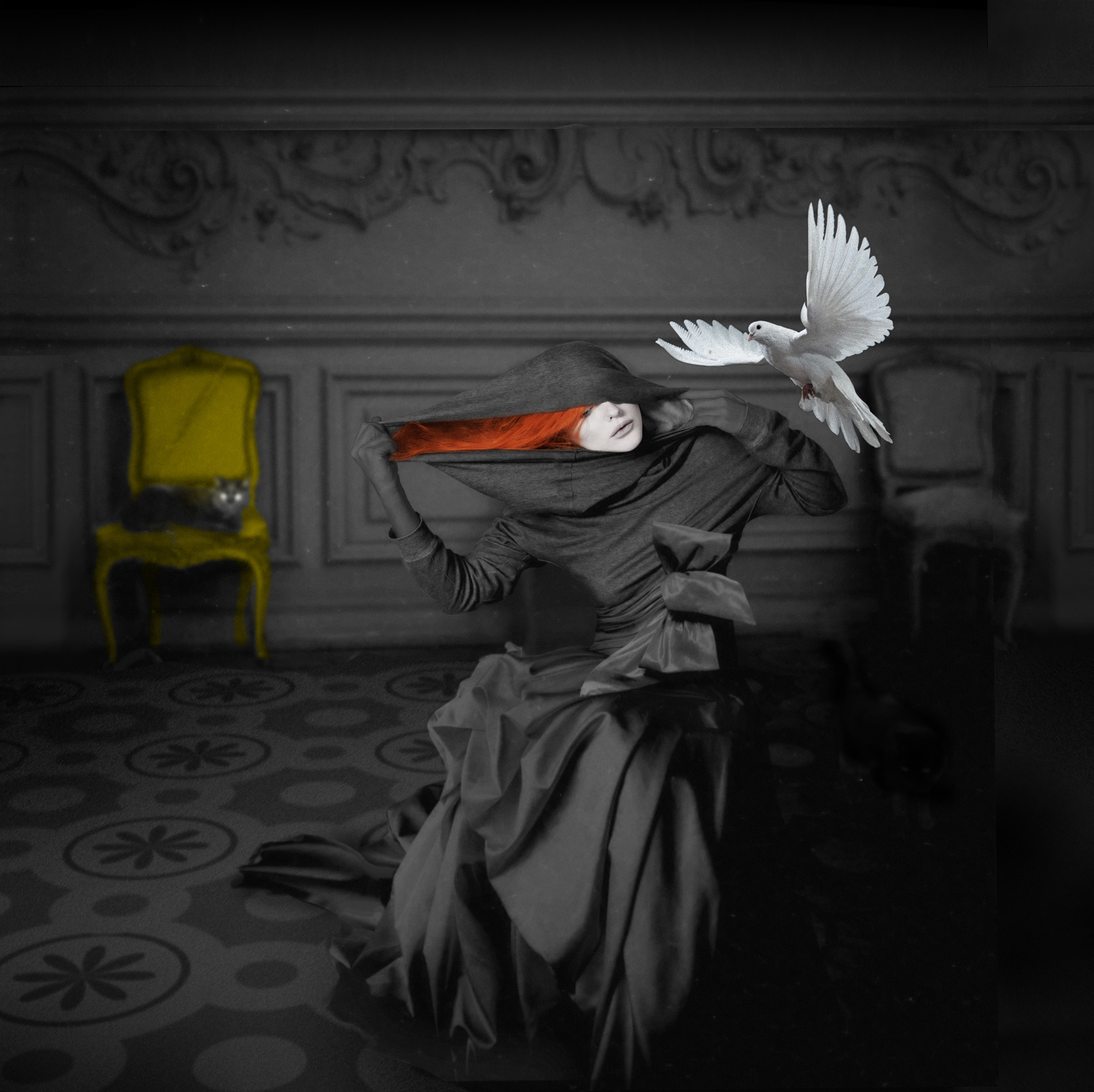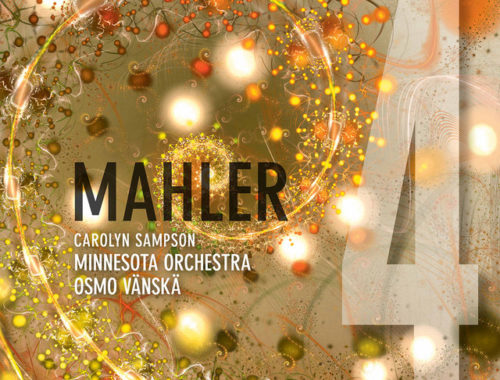Raskatov “A Dog’s Heart”, English National Opera
The premise is simple: can Professor Filipp Filippovich take a starving mongrel from the street and with a simple transplant of a man’s testicles and pituitary gland make him human? And if he can, what then? It’s a dog’s life, they say, but for whom? Mikhail Bulgarov’s unsettling novel comes from a long line of scabrous Soviet satires and the point it makes is as simple and pertinent as its premise: what exactly separates man from beast and isn’t it man who is ultimately, for all outward appearances, the more beastly? From Bulgarov’s perspective it’s a dog-eat-dog world out there and Alexander Raskatov’s operatic realisation has Complicité’s Simon McBurney on the case. As theatrical imaginations go his is topsy-turvy and then some. So – the burning question – is it the dog’s bollocks?
Well, yes and no. Raskatov’s rampant musicalisation (libretto Cesare Mazzonis) puts the emphasis on mood and atmosphere with long tranches of what sounds and feels like underscoring pointing up his grotesque parodies of sung speech, most of which comes at us in a series of strident declamations and exclamations. Some of the portraiture is on the money: Zina, the maid – pertly caricatured by Nancy Allen Lundy – zings along in an insanely stratospheric and acrobatic coloratura which keeps her in a perpetual state of animated hysteria. And, of course, there’s Sharik, the manky mongrel, who has two voices – the powerful and exciting countertenor of Andrew Watts – and the bestial growling of megaphone amplified Elena Vassilieva. Actually there’s a third when Sharik becomes Sharikov, the foul-mouthed, spitting, pissing, nose-picking, balalaika-strumming, lout of the species – the excellent Peter Hoare – whose act one curtain line makes us an offer we can (with some relief) refuse.
But mostly Raskatov’s score suggests a kind of onomatopoeic “loony toons” borrowing freely from the cartoonish sound world of the young Shostakovich and others with his liberal use of the flexatone and “lion’s roar” beside much belching of tuba and assorted brass glissandi. But there isn’t the daring and audacity or sheer invention that you find in even something as flawed as Shostakovich’s The Nose, for instance, and act one, where the music doesn’t just feel but really is thinly spread, needs serious cutting. Not even McBurney and his devilish box of tricks – not least Finn Ross’ video design and the resourceful puppetry of Blind Summit – can quite keep it off the floor – though I do have in mind even now Sharik’s deliverance from blizzard to doggy heaven (and pussy galore) a moment of pure McBurney magic.
Act two, though, ups the ante in both pace and potency and there’s a Tom and Jerry cat chase which reeks of the kind of inventive havoc that only McBurney could have devised. Who but he would not just suggest but realise a biblical flood behind locked doors and then connect that image with the rivers of blood which flow when the Professor (the gaunt and imposing Steven Page) urgently seeks to salvage his reputation and reverse his experiment.
And all the while the proletariat sing their doleful chants until the stunning pay-off where man and beast become indistinguishable and images of Soviet workers are superimposed with those of dogs like Sharik and a whole clutch of megaphones turn the chanting into a bestial wailing. Composer and director become one at that point; suddenly it’s not just McBurney’s show.
Adriana sensitively exhumed
Rainbow's End
You May Also Like

GRAMOPHONE Review: Rachmaninov Symphonies 2 & 3 / Isle of the Dead – Philadelphia Orchestra/Nézet-Séguin
02/10/2023
A Conversation With MARY MILLER & ANDREW LITTON: Bergen Opera
24/09/2013